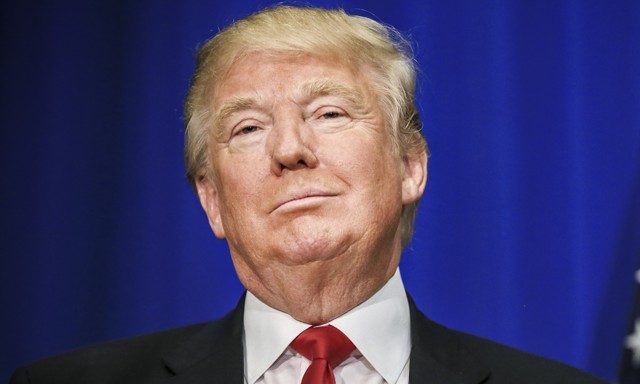In every presidential election since 1975, presidential nominees have always voluntarily disclosed their tax returns to the public. So far, Donald Trump has refused to follow suit despite pressure from voters, the media, and Democratic nominee Hillary Clinton.
Recently, there has been much controversy surrounding Trump and his tax records. Just a few days ago, the New York Times released an article stating that Trump wouldn’t need to pay taxes for 18 years due to a $915 million loss reported in 1995. A large part of the first presidential debate centered around Trump and his finances, specifically his unreleased tax returns.
All this discussion regarding Trump’s tax returns brings into question the importance of this longstanding practice. Trump himself argues in an Associated Press Interview that “there is nothing to learn from them,” explaining that his tax returns are just too complex for the common man to understand. So if it is that complicated, why do we care so much about his tax records? Could this merely be a superfluous practice presidential nominees have complied to?
In an interview with Professor (Adjunct) of the Law, Rick Antle, from Yale Law School, he explains that the tax records of a presidential nominee could provide useful insight as to how a nominee decides to uphold the spirit of the tax law and as a result, their true character. Someone like Trump, who constantly boasts of his vast amount of wealth and businesses, has much more “wiggle room in how aggressively or conservatively they apply the rules,” due to various tax deductions available to the wealthy, explains Professor Antle.
So for someone who has the ability to capitalize on loopholes available to them, the degree in which they pursue such loopholes show how they prioritize their self interests and their duties as citizens. This may very much influence a voter’s perspective of a nominee. Mitt Romney, for example, received much criticism for only paying 14% in taxes back in the 2012 election.
Tax returns may also reveal a nominee’s income and charitable giving. A voter may feel more relatability with a nominee in the same economic class bracket knowing that they can better empathize with their economic problems. Furthermore, where nominees decide to donate their money provides insight into what they support. For instance, the Clintons’ joint tax returns indicated that they donated 9.8% of their adjusted gross income to the Clinton Foundation, which addresses a wide range of issues including climate change, opportunities for women and girls, and childhood obesity. Professor Antle stresses that all this information may mean something different for each voter, but could nonetheless help a voter shape a more accurate picture of a nominee.
It does matter that Trump has been openly defying this longstanding practice of disclosing tax returns to the public. Throughout the entire presidential election, very little of what Trump says is confirmed to be true – his charitable nature or the wealth which he flaunts are both up in the air. And perhaps Trump wants it that way because, like Clinton supposes, he has something to hide. Or it might just be that Trump is protecting us from his truly incomprehensible tax returns. We won’t know until we see them.

